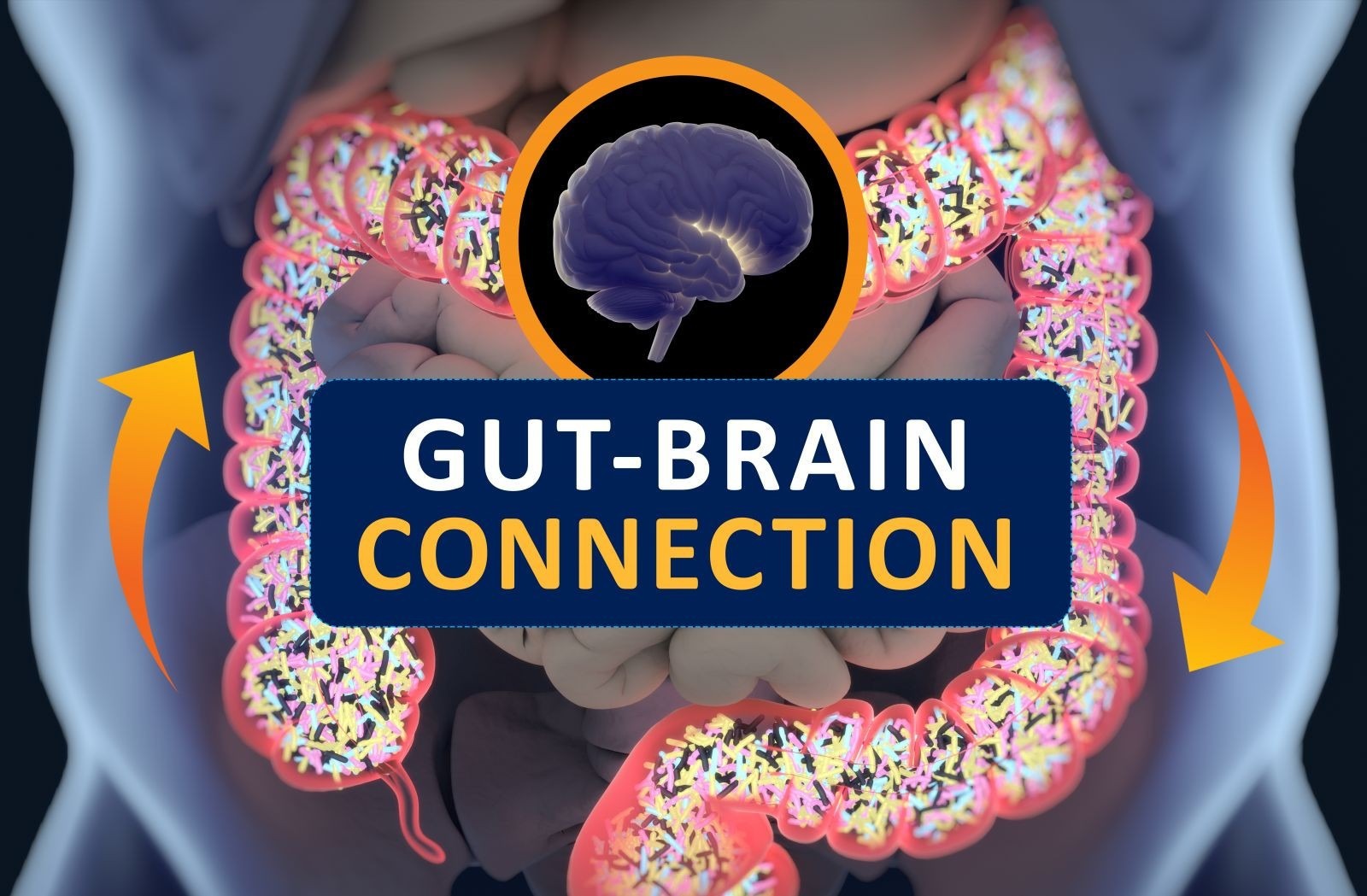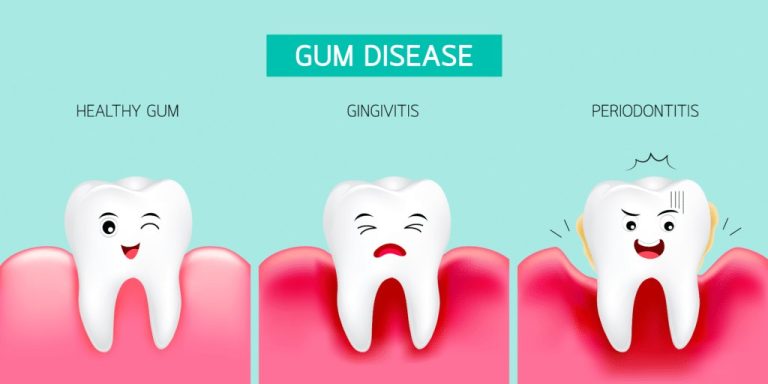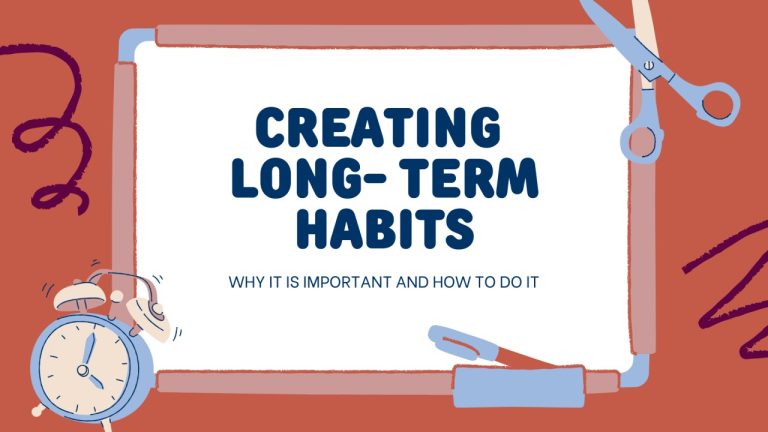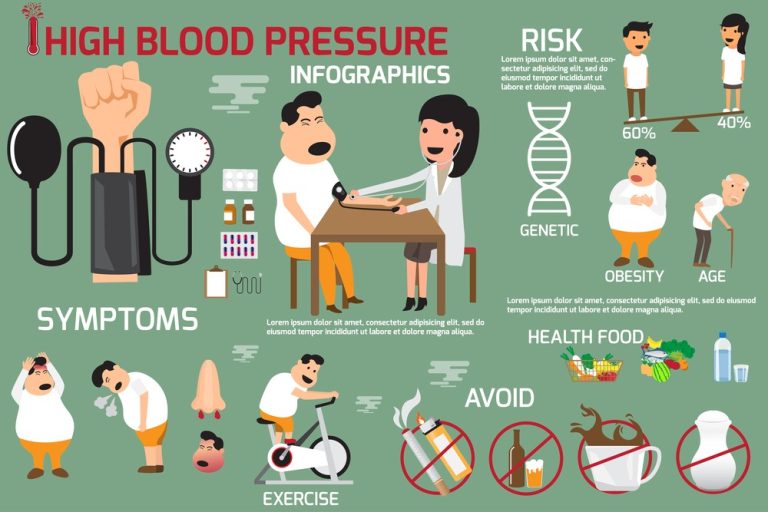The Link Between Digestion and Mood
The connection between digestion and mood is far stronger than many people realize. While it is common to associate digestion purely with physical processes such as breaking down food and absorbing nutrients, the digestive system plays a central role in emotional well-being as well. The gut and the brain are in constant communication, linked through what is known as the gut-brain axis, a complex network involving nerves, hormones, and microbial activity. This relationship explains why stress can cause stomach issues, why certain foods affect energy and focus, and why maintaining digestive health often leads to improved mood stability. For professionals balancing busy schedules and high demands, understanding this link is crucial for both productivity and resilience.
One of the primary ways digestion influences mood is through neurotransmitter production. Serotonin, often called the “feel-good” chemical, is closely tied to happiness and emotional balance. Surprisingly, about 90 percent of serotonin is produced in the gut rather than the brain. This production is heavily influenced by gut health, meaning that the state of digestion directly affects the availability of this critical neurotransmitter. When the digestive system is balanced and supported with the right nutrients, serotonin levels remain stable, contributing to a steadier mood and reduced anxiety. On the other hand, poor digestion or imbalances in gut bacteria can interfere with this process, leading to irritability, fatigue, or low mood.
The gut microbiome—the trillions of bacteria living in the digestive tract—plays a central role in this relationship. These microorganisms are responsible for breaking down food, synthesizing vitamins, and supporting immune function, but they also send signals that affect brain chemistry. A diverse, balanced microbiome tends to promote calmness, focus, and resilience, while an imbalanced one can contribute to anxiety or even depression. For instance, diets high in processed foods and sugar often disrupt microbial balance, encouraging the growth of less beneficial bacteria. In contrast, diets rich in fiber, vegetables, and fermented foods foster a healthier microbial environment, which in turn supports emotional stability. This dynamic is not unlike business culture: when a team is diverse, well-supported, and balanced, the organization thrives; when imbalance occurs, dysfunction follows.
Stress further illustrates the bidirectional relationship between mood and digestion. When the brain perceives stress, the body shifts into fight-or-flight mode, diverting resources away from digestion. Blood flow to the gut decreases, stomach acid production changes, and motility slows or speeds up in ways that create discomfort. This is why stressful days often bring bloating, stomach cramps, or indigestion. But the relationship also runs the other way: digestive discomfort can send distress signals to the brain, amplifying feelings of stress or anxiety. It becomes a feedback loop where mental strain worsens digestion, and poor digestion worsens mood. Breaking this cycle requires strategies that address both ends—supporting digestion while also managing emotional stress.
Dietary choices are one of the most effective ways to strengthen the digestion-mood connection. Whole foods that are high in fiber feed beneficial gut bacteria, producing short-chain fatty acids that reduce inflammation and support brain health. Lean proteins provide amino acids, the building blocks for neurotransmitters like serotonin and dopamine. Healthy fats, such as those found in olive oil, nuts, and fish, support both gut lining integrity and cognitive function. In contrast, diets dominated by processed foods, sugar, and artificial additives not only destabilize digestion but also create mood swings by spiking and crashing blood sugar. Professionals who notice afternoon energy slumps or irritability after heavy lunches often experience this very link between digestion and mood in action.
Hydration is another factor often overlooked. Water supports digestion by helping to break down food and transport nutrients, while also preventing constipation. Dehydration can lead to sluggish digestion, which in turn affects comfort and mood. Even mild dehydration has been shown to impair concentration and increase irritability, demonstrating how closely physical processes align with emotional states. In professional contexts where clarity and composure matter, something as simple as drinking water regularly throughout the day can make a noticeable difference.
Lifestyle habits also shape the digestion-mood connection. Exercise, for example, improves gut motility, supports microbial diversity, and reduces stress hormones. Gentle activities like walking or yoga are particularly effective, providing both digestive support and emotional balance. Sleep, too, plays a critical role. Poor sleep disrupts digestion and alters microbiome composition, while digestive discomfort can interfere with rest, creating yet another feedback loop. These examples highlight the need to view digestion and mood not as separate domains but as interdependent systems that influence one another continuously.
The professional implications of this relationship are significant. Mood stability affects decision-making, communication, and productivity, while digestive comfort determines how energized and focused someone feels throughout the day. A professional who skips meals, fuels with processed snacks, and operates under chronic stress is far more likely to experience digestive issues and mood swings than one who supports digestion with balanced meals and stress management practices. The connection is not about perfection but about alignment—when digestion and mood support one another, the result is greater resilience, focus, and overall effectiveness.
Ultimately, the link between digestion and mood demonstrates how interconnected health really is. The gut is not just a passive system for processing food but an active partner in emotional well-being. By supporting digestion through mindful nutrition, hydration, movement, rest, and stress management, individuals can create conditions that stabilize mood and improve daily performance. For professionals, this means recognizing that emotional resilience is not only a matter of mindset but also of biology, deeply rooted in the gut. Much like in business, where internal systems determine external outcomes, the state of digestion influences how we feel, think, and perform. By caring for the gut, we care for the mind, creating a foundation for health that supports both personal well-being and professional success.
Would you like me to also prepare a shorter 400–500 word version of this article that you could use for newsletters or LinkedIn wellness insights?







